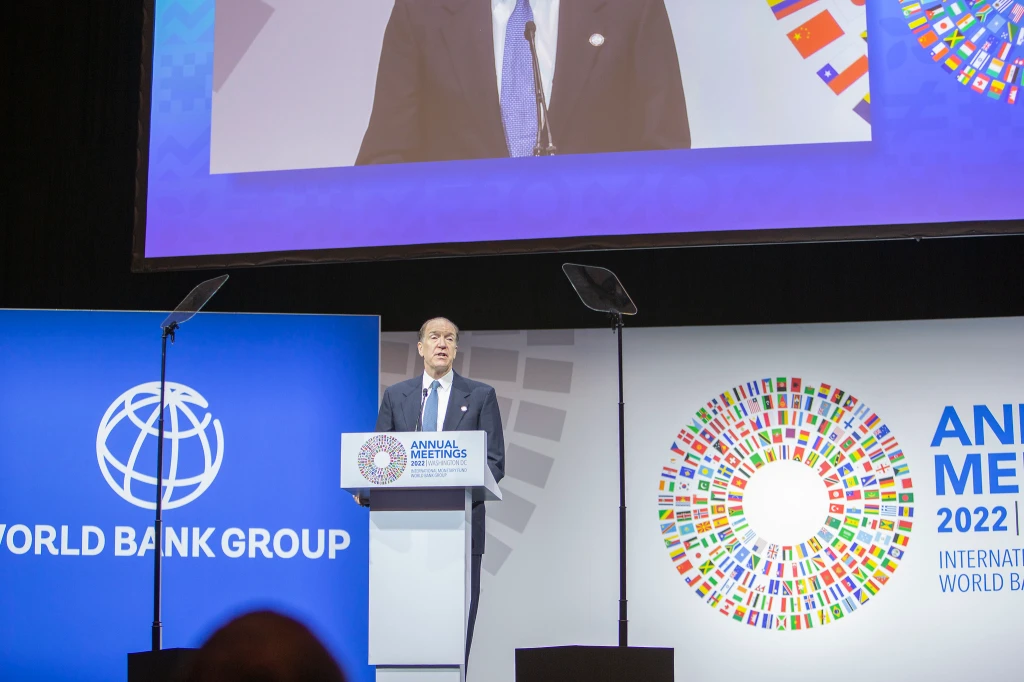
Germany, the United States, and other World Bank Group shareholders have drafted proposals for “fundamental reforms” of the Bretton Woods institution to better support developing countries to address the climate crisis. The Bank’s roadmap for actualizing the proposals is expected by year-end.
This follows growing calls by governments and civil society to restructure the specialized agency of the United Nations to focus more on climate change and biodiversity conservation. Developing nations are struggling to access affordable capital for clean energy transition and climate resilience.
“The Bank has to use its great financial capacity to act as a leader, as capital needs for a socially just transition toward a climate-neutral global economy are huge,” said Svenja Schulze, German Development Minister and the country’s Governor to the Bank in a press statement.
She added: “The Bank’s current model, which is mainly based on demand from borrowing countries, is no longer appropriate in this time of global crises. Challenges and investment needs are so great that the model needs to be adjusted.”
Minister Schulze said the World Bank needs to provide incentives for developing countries to use its loans for climate action and biodiversity conservation through better lending terms and targeted budget support for policy reforms that make economies climate neutral.
Schulze’s proposals are in line with Barbados Prime Minister Mia Mottley’s ‘Bridgetown Agenda’ for the reform of the global financial architecture to direct resources to the climate and other crises. Among other suggestions, it calls for US$1 trillion of new concessional lending from Multilateral Development Banks (MDBs) to build climate resilience and other priorities.
“We need rapid scaling up of investment in the low-carbon transition in the energy, transport and agricultural sectors and building climate-resilience and sustainability,” reads the Agenda’s position paper.
Other leaders including Janet Yellen, US Treasury Secretary and Alok Sharma, President of the 26th United Nations Climate Change Conference have voiced similar reform calls for MDBs in the face of the climate crisis.
In response, the World Bank President David Malpass said this month that “the World Bank and the IMF will need to consider their roles, governance, and capital structure, and evolve to address climate change and global public goods.”
Malpass added in the last three-and-a-half years, the Group’s commitments with climate co-benefits reached $31.7 billion in FY22, or 36% of the institution’s total financing, making it the biggest multilateral funder of climate investments in developing countries. The Bank’s Climate Change Action Plan for 2021-2025 targets to deploy an average of 35% of the institution’s financing in support of climate action.